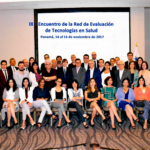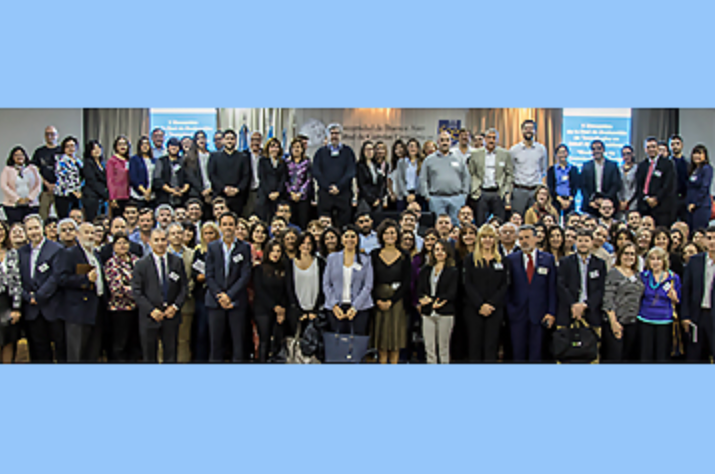
IX Meeting of the Health Technology Assessment Network of the Americas – November 14 to 16, 2017, Panama, Panama
November 20, 2017





Organization of the meeting
On November 7 and 8, 2018, the 10th Meeting of the Health Technology Assessment Network of the Americas was held in the city of Buenos Aires, Argentina. The meeting was divided into two parts, the open day on November 7 and the closed day on November 8.
Central axis and topics discussed
On the first day (November 7), the open day was held, attended by almost 200 people, including members of RedETSA and local guests, representatives of the National Ministry of Health and Provincial Health Ministries, Social Works, Security Superintendency Social, ANMAT, PAMI, RedArets, hospitals, NGOs, and other regulatory authorities, and health organizations. During this day, RedETSA members and guests made presentations and discussed various topics of interest, such as STDs in the progress towards Universal Health Coverage; strategies to expand access and rational use of strategic and high-cost medicines and other health technologies; the challenge of biological medicines and their biosimilars for STD agencies in the future; STD and Drug Price Regulation; mechanisms for defining the “value” of medications from the payer's point of view; strategies to address the challenges of access to high-cost medicines; and new strategies to face the challenges to health systems.
Closed meeting of RedETSA members
On the second day of the meeting (November 8), the closed day of the members' meeting was held, where the 16 countries in RedETSA were present through 27 organizations. The day closed to members began with an update of the activities by the secretariat and the members of the Network, which was followed by a presentation of the new institutional STD policy proposal in the Costa Rican Social Security Fund. PAHO then updated the Regional Health Technology Assessment Report Base of the Americas (BRISA).
Participants presented the results of the INAHTA working group on new definition of STDs and the results of the INAHTA working group on Real World Evidence. Next, a proposal to create an HTA working group on Medical Devices was presented. Finally, a proposal to create a working group on adaptation of STD reports was discussed. It was discussed what the priorities would be for the 2019 work plan.